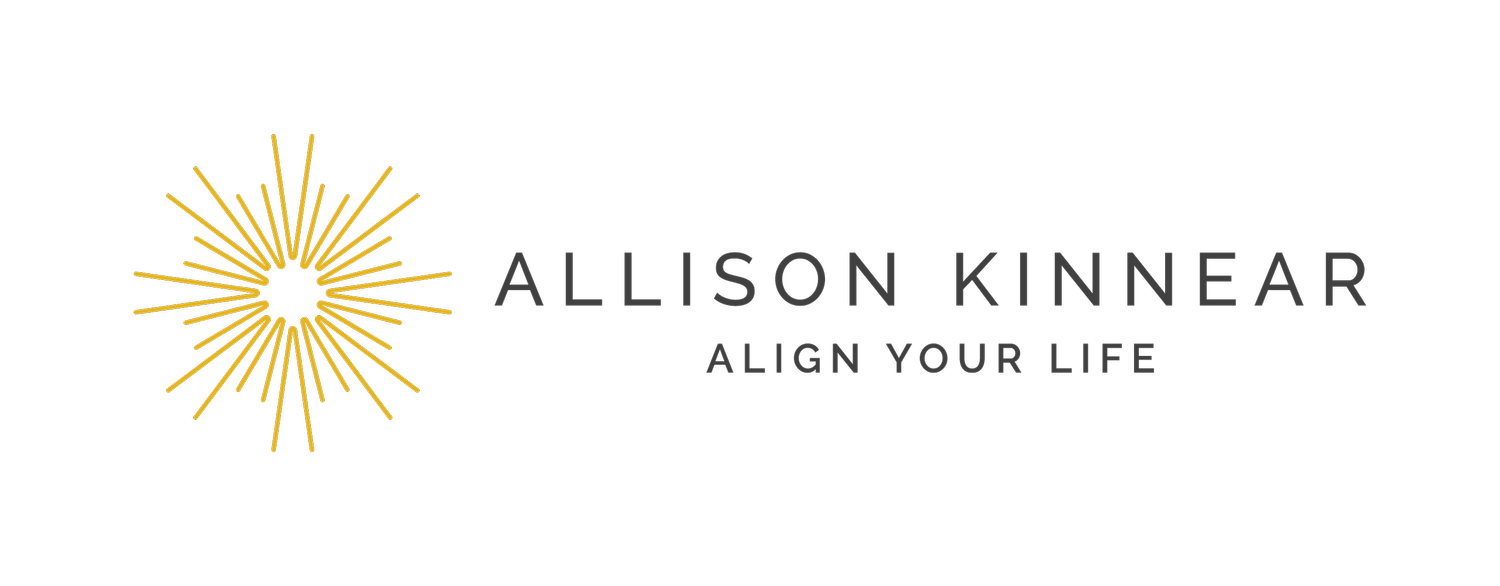Mind the Gap
One of my favorite songs is Amanda Palmer’s In My Mind. I came across AFP (Amanda F***ing Palmer–truly) when I watched her inspiring TED talk and then listened to her earth-moving book, The Art of Asking.
The story behind this song was in her book. Sometimes a work of art wraps words around a feeling that is as light as helium, anchoring it to the ground.
In my mind, in a future five years from now
I'm a hundred and twenty pounds
And I never get hungover, because I
Will be the picture of discipline
Never minding what state I'm in
And I will be someone I admire
And it's funny how I imagined
That I would be that person now
But it does not seem to have happened
Maybe I've just forgotten how to see
That I'm not exactly the person that I thought I'd be
…
There’s the person I imagine myself to be, and then there is the person I am.
The mom I want to be and the mom that I am.
The wife/daughter/sister/aunt/woman/worker/etc, I want to be and the one I am.
My therapist once told me, “The measure of one’s suffering lies in the space between what you want and what you have.” How do you reconcile the gap between these two spaces?
Gratitude
In time, I learned to pull two levers to reduce this suffering. The first is gratitude. Leaning into gratitude seems like a simple task, child’s play. The truth of gratitude is more raw, even triggering, tapping into a pulsing, undulating river of fiery emotions.
Gratitude is allowing yourself to fall into the stark divinity of the beauty around you. It’s looking at your child and seeing the sacred creation of who they are. It’s turning on your car and beholding the wonder and functionality of gas from faraway lands interacting with skilled machinery, taking you wherever you want. It notices each morsel of food, thinking of all the hands that tended, harvested, packed, transported, and sold this one bite so that you can eat it.
Gratitude is the practice of noticing how incredibly interconnected we are—and seeing the fragility of what could be lost.
Acceptance
The second lever I pull to reduce suffering is acceptance. Notice that I said acceptance, not resignation. Acceptance is acknowledging what is actually here, happening at this moment. Once I have accepted the actual reality of a situation, I can better be in choice about how to steer my life.
Acceptance is deeply listening to that nagging voice in the back of my mind saying, “You can’t continue in this way. It’s not good for you.” Acceptance can lead to liberation if I give that voice a little more room, a little curiosity, and a bit more attention.
And it's funny how I imagined that I could win this, winless fight
But maybe it isn't all that funny
That I've been fighting all my life
But maybe I have to think it's funny
If I wanna live before I die
And maybe it's funniest of all
To think I'll die before I actually see
That I am exactly the person that I'd want to be
F*** yes
I am exactly the person that I want to be
